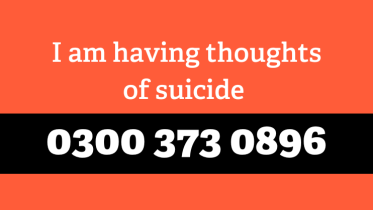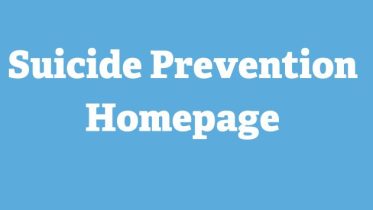Earlier this month we proudly launched a new suite of online suicide prevention and postvention resources, aimed at reducing the number of deaths by suicide across the UK’s fire services community.
Created in collaboration with Nottingham Trent University – and following extensive research into the health and wellbeing of the fire sector, undertaken by researchers at the University – the new online resources include accessible, practical and evidence-based help for those considering suicide, or worried about someone who may be.
Including videos, specially curated content and downloadable PDFs, the suite of tools also includes information to help anyone impacted by a death by suicide.
Dr Jill Tolfrey, Chief Executive of The Fire Fighters Charity, said of the resources: “Every suicide is a preventable tragedy. Over the past three years alone we have been made aware of at least 20 fire service personnel who have died by suicide.
“As the fire community’s charity, we have an obligation to do whatever we can to prevent these tragedies and to provide hope to those at a point of crisis. So, I am delighted that we have been able to work with the brilliant team at Nottingham Trent University to, firstly, better understand the health and wellbeing needs of the sector and, secondly, create a unique set of tools to help people at the lowest point of their lives.”
“We have an obligation to do whatever we can to prevent these tragedies and to provide hope to those at a point of crisis.”
Dr Jill Tolfrey, Chief Executive
Professor Rowena Hill, lead academic for an aligned national wellbeing project and part of the suicide prevention project team at The Fire Fighters Charity said: “This work, and the work we have completed on wellbeing in the fire community, provides a better understanding of the health and wellbeing needs of the fire and rescue service workforce and the gaps in support that needed addressing. The projects are inextricably linked. The unimaginable sadness at losing a member of the fire community through suicide, demonstrates the need to recognise the signs that someone needs support earlier in that pathway. These practical, accessible, concise resources provide the information about what to look for in yourself and others, and what to do if you are worried. If you are a member of the fire community – employee, volunteer, grey or green book staff – please read these resources and know where they are, just in case you ever need them. Share them with your family too. Knowing what to do and how to do it could save a life.”
Professor Karen Slade, lead academic at NTU for the suicide prevention project with The Fire Fighters Charity welcomed the recent release of the Government’s new suicide prevention strategy and said: “I am pleased to see the release of a new national government strategy that reinforces ambitions to support individuals and their family, friends and colleagues to both understand and tackle suicide in the UK. Our work, together with The Fire Fighters Charity, is leading the way in this approach to provide support before and after suicide through a series of practical guides and support journeys for a sector that recognises the need to take a holistic approach to preventing suicide and responding well to those affected or bereaved by suicide.”
Nottingham Trent University’s research into the health and wellbeing of the UK’s fire services community was published in May. Surveying over 3,000 fire and rescue service personnel, it found that mental wellbeing across the service is being impacted by issues such as sleep disruption, occupational stress, burnout, anxiety and depression.




